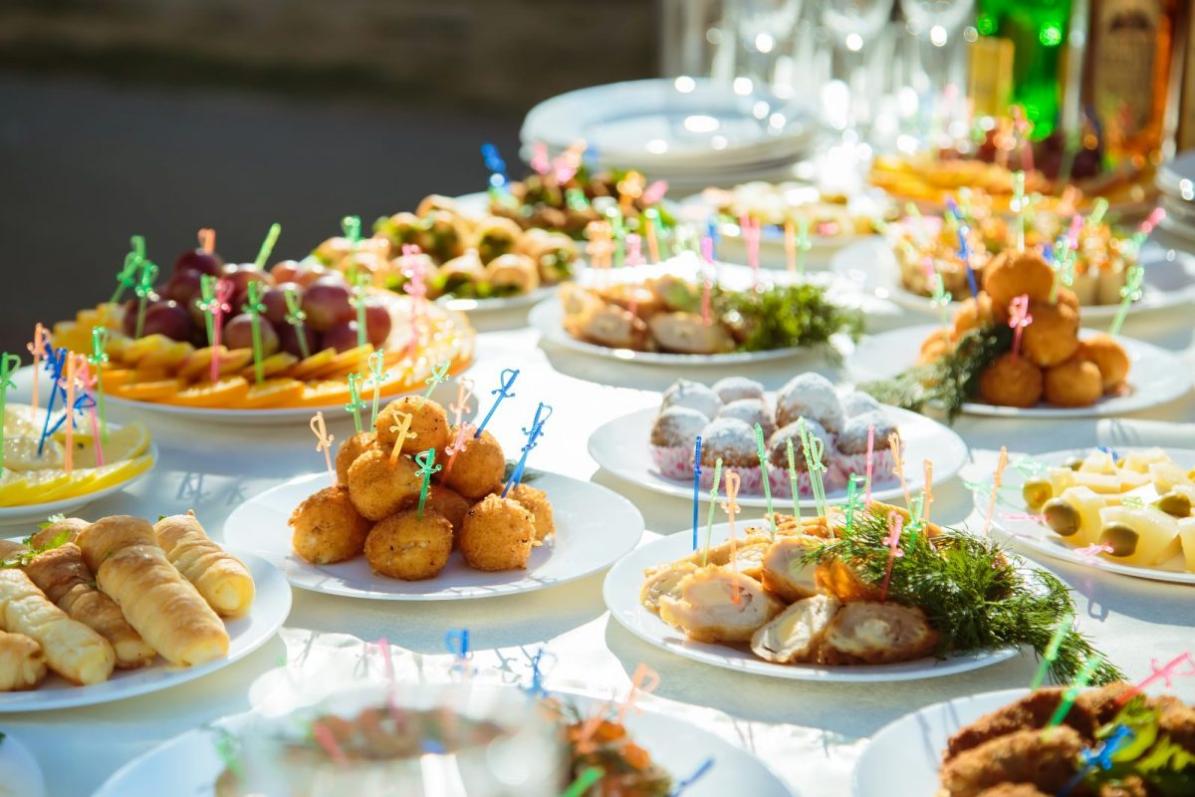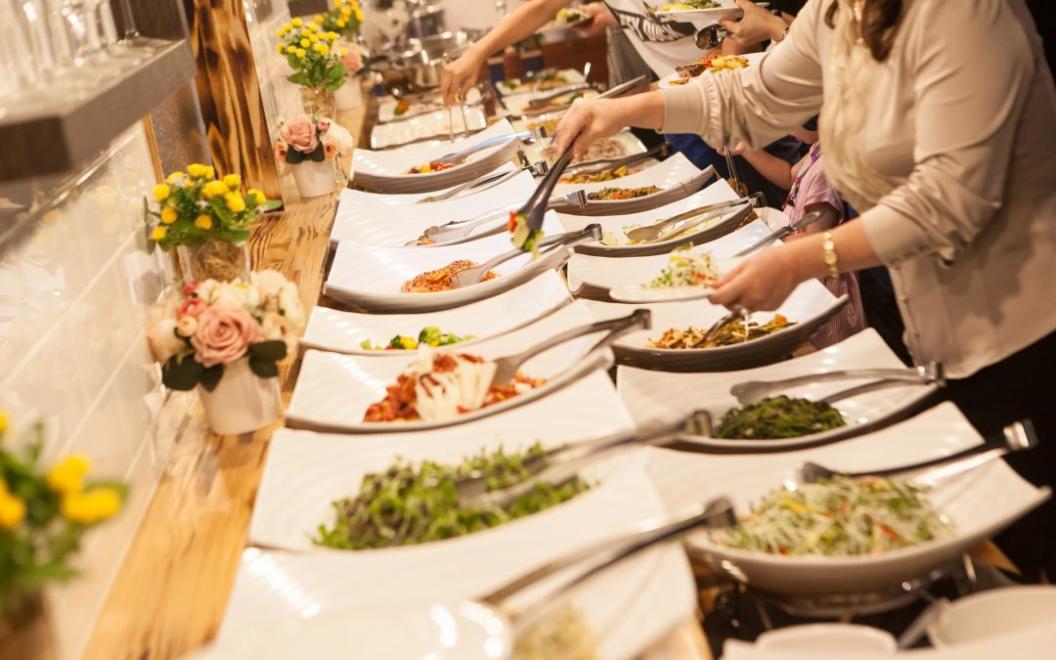What are the Key Considerations for Planning a Wedding Catering Menu?
Your wedding day is one of the most important days of your life, and the food you serve your guests will play a big role in creating a memorable experience. That's why it's important to put careful thought into planning your wedding catering menu.

Guest Count And Dietary Restrictions
The first step in planning your wedding catering menu is to determine the number of guests who will be attending. This will help you estimate how much food you need to order. You should also identify any dietary restrictions or allergies among your guests. This information will help you choose dishes that everyone can enjoy.
Budget And Menu Options
Once you know how many guests you're expecting, you can start to set a budget for catering. The cost of catering will vary depending on the number of guests, the menu options you choose, and the location of your wedding. It's important to get quotes from several different catering companies before making a decision.
When choosing menu options, it's important to consider the food preferences of your guests. You should also choose dishes that align with the wedding theme and atmosphere. If you're having a formal wedding, you may want to opt for a plated dinner. If you're having a more casual wedding, a buffet may be a better option.
Food Preferences And Theme

The food you serve at your wedding should reflect your personal style and preferences. If you and your partner have a favorite dish, consider incorporating it into the menu. You can also use food to create a specific atmosphere at your wedding. For example, if you're having a beach wedding, you could serve seafood dishes. If you're having a rustic wedding, you could serve comfort food dishes.
Timing And Service Style
The timing of your wedding reception will also affect your catering menu. If you're having a long reception, you'll need to provide more food than if you're having a short reception. You should also choose a service style that complements the overall flow of your event. For example, if you're having a cocktail reception, you may want to serve passed hors d'oeuvres. If you're having a plated dinner, you'll need to provide a more formal dining experience.
Presentation And Aesthetics
The presentation of your food is just as important as the taste. You want your dishes to look as good as they taste. Consider the visual appeal of the dishes and how they will be displayed. You can use garnishes and decorations to enhance the overall look.
Drinks And Bar Options
In addition to food, you'll also need to provide drinks for your guests. You should offer a variety of drinks to cater to guest preferences. Consider a signature cocktail or mocktail for the occasion. You should also offer non-alcoholic options for guests who prefer them.
Late-Night Snacks
If you're having a long reception, you may want to provide late-night snacks for your guests. This will help keep them satisfied after the main meal. Choose options that are easy to eat and can be served quickly.
Cake And Dessert
No wedding is complete without a cake! The wedding cake is a centerpiece of the reception, so it's important to choose one that reflects your style and preferences. You should also offer a variety of dessert options to cater to different tastes.
Planning a wedding catering menu can be a daunting task, but it's important to remember that the food you serve will play a big role in creating a memorable experience for your guests. By following these key considerations, you can create a menu that everyone will enjoy.
YesNo

Leave a Reply